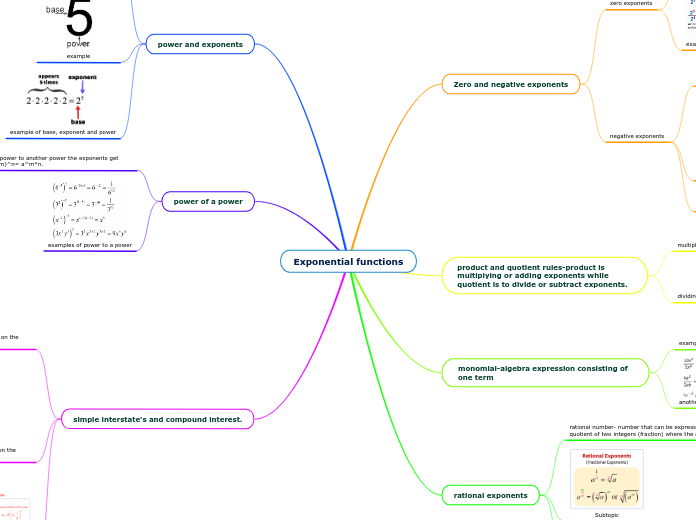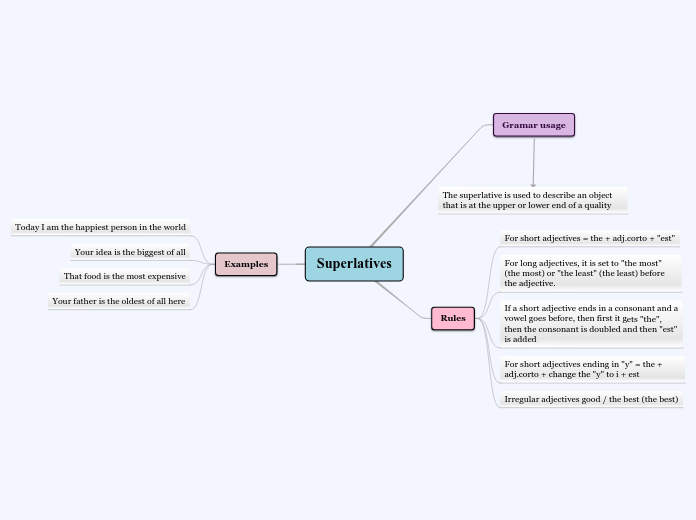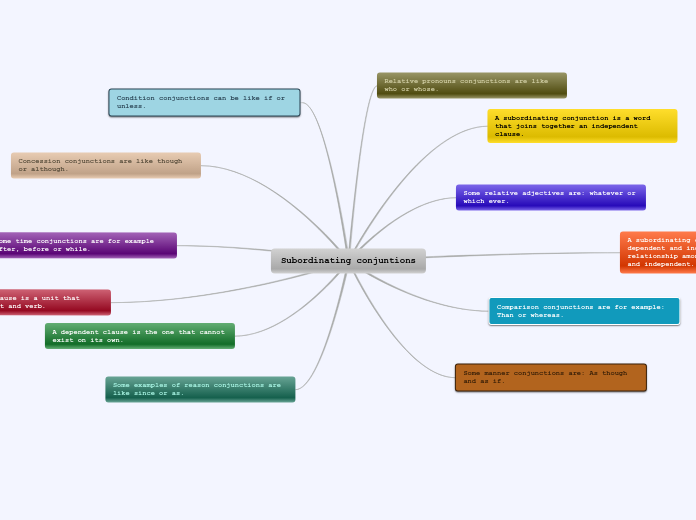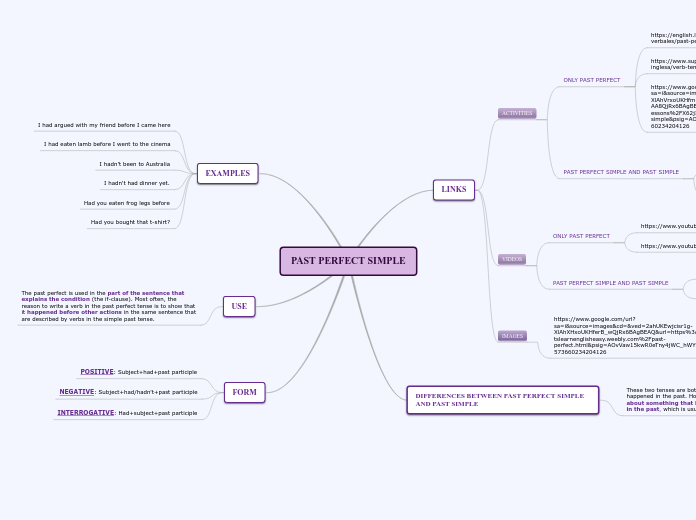door Mya Morgan - Sandalwood Heights SS (2442) 4 jaren geleden
912
Exponential functions
The text discusses various mathematical concepts related to exponents and powers. It explains that when raising a power to another power, the exponents are multiplied, illustrated by the formula (









